Over last 10 years, Dr. Yong Zhao and his team developed the Stem Cell Educator (SCE) therapy, which harnesses the unique therapeutic potential of cord blood-derived stem cells (CB-SC) to treat the multiple immune dysfunctions. Clinical studies demonstrated the immune modulation of CB-SC for the treatment of type 1 diabetes, type 2 diabetes, alopecia areata and other autoimmune diseases, with long-lasting clinical efficacy. To determine the molecular mechanisms underlying Stem Cell Educator therapy, Dr. Zhao’s research lab at Center for Discovery and Innovation of Hackensack Meridian Health, found that CB-SC-derived exosomes (a small vesicles about 100 nm) display multiple immune modulations and primarily target on monocytes, which gave rise to spindle-like macrophages displaying type 2 macrophage (M2) surface markers and up-regulating an expression of immune tolerance-related cytokines after the treatment with exosomes. SCE therapy has the potential to revolutionize the treatment of diabetes and multiple autoimmune diseases through CB-SC-mediated immune modulation, without the safety and ethical concerns associated with conventional immune and/or stem cell-based approaches. This work has been published in peer-reviewed journal Frontiers in Immunology today.
